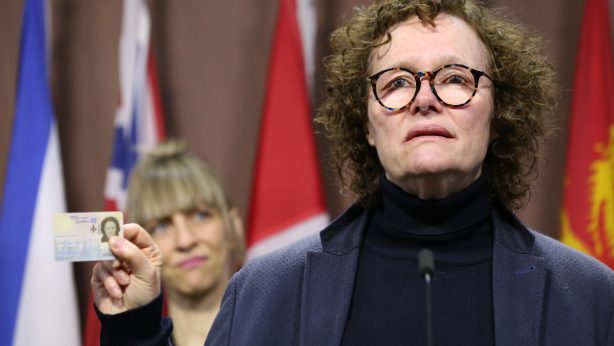Private telehealth providers oppose withholding health transfer payments to provinces that allow user fees and extra billing
According to a report in the Globe and Mail, private insurers and online health care providers are
upset that the federal government says it is going to penalize private providers for charging user
fees for medically necessary primary care.
The private companies are concerned that stopping extra billing and other fees will undermine access to what has become a popular workplace benefit. Federal Health Minister Mark Holland and former Health Minister Jean-Yves Duclos have both said they would issue what is called an interpretation letter to clarify how the implications of medically necessary care being delivered virtually and privately under the Canada Health Act.
Many online services are given by Nurse Practitioners, not doctors.
Danyaal Raza, past president of Canadian Doctors for Medicare, and a family physician at St Micheal’s Hospital in Toronto, says private providers are putting doctors behind paywalls, which is a serious ethical lapse. “It’s not what Canadians expect out of their health care system,” Raza told the Globe and Mail.
Dr. Lauren Lapointe-Shaw, an internist and researcher at the University of Toronto, led a study that found that patients who had a virtual visit with an outside doctor or nurse that they didn’t know were 66 per cent more likely to visit an emergency room within seven days, compared with those who saw their own doctors virtually.
The federal government is under increasing pressure to address the growing numbers of private clinics and virtual health care companies that charge membership or user fees to patients for services that are free if provided by doctors in the public system.
The Canada Health Act, passed into law unanimously in 1984, only applies to services provided in hospital by physicians, so nurse practitioners and other health care professionals can do business outside the CHA. That means in some jurisdictions there are loop holes that allow patients to pay for services with their credit cards. It also means that provinces who allow such practices leave themselves open to having their health transfer money cut by the federal government for violating the prohibition of user fees under the Act.
Profiteers price-gouging patients isn't fair. We need to bring down medical paywalls. NPs and virtual care is key, but using a credit card leaves many behind. Subscriptions, membership fees and bundled services corrode our nation. @kellygrant1 @CMA_Docs @CdnDrs4Medicare https://t.co/4keEjx0pPf pic.twitter.com/w4N48IIgUs
— Raghu Venugopal MD (@raghu_venugopal) August 7, 2024
Private for profit online “telehealth” or virtual care services are a gravy train
The Canadian telemedicine market was valued at $4.864 billion in 2022, and is estimated to expand at a compound annual growth rate of 18.2 per cent from 2022 to 2030 reaching $18.532 billion in 2030.
Maple and Shopper’s Drug Mart, both owned by Loblaw, Dialogue, owned by Sun Life Insurance, Rocket Doctor and a multitude of other companies have jumped on the private gravy train of health care services during and since the pandemic.
The head of online provider Maple Corporation told the Globe that an interpretation letter from the federal government would make things harder for the 6.5 million people who don’t have a doctor. For example, for $79.99 a month, Maple connects patients to doctors via secure text message, and provides access to nurse practitioners for sick notes and prescriptions.
According to the Canadian Life and Health Insurance Association, about 10 million Canadians have some form of primary care through private for profit virtual or online sources through their workplace benefit packages. Insurance groups like this say they worry about the feds eliminating these benefits.
The issue of some kind of clarification by the federal government on these forms of private for profit coverage came up in July when the Canadian Medical Association (CMA), the lobby group representing doctors across the country, came out with a policy document on “balancing public and private health care.”
One of the CMA’s recommendations was that governments “enforce the CHA prohibition against user fees by clamping down on jurisdictions that allow the charging of membership feels, user fees, or bundled payments.”



